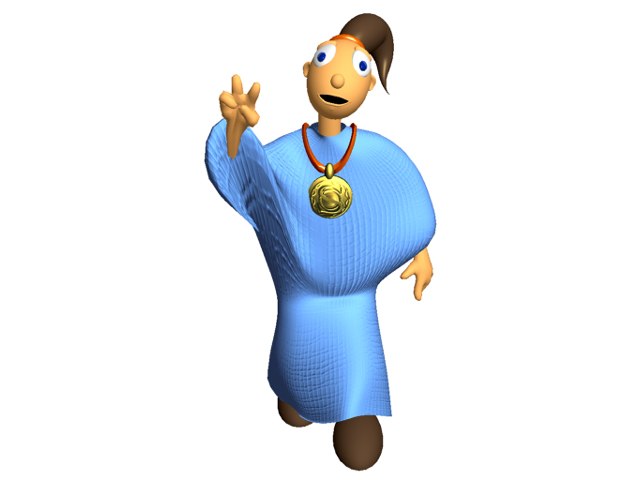

Schafer left his job as a game designer at LucasArts in 2000 and started Double Fine Productions that year. The 12-year-old game studio has been very dependent on game publishers in the past. If you think of the Kickstarter money as project-specific, or a kind of seed round, then the next batch of money may come from real investors, so that Double Fine can move to more projects and more platforms, said Greg Rice, the producer of Double Fine Adventure.

“That process has taken place over the last 18 months.”

“We’re making a switch from console work-for-hire and going to direct to consumer and free-to-play projects,” said Justin Bailey (pictured right), the vice president of business development at Double Fine. The story behind Double Fine’s creative financing shows the lengths the company will go to in order to not just survive as an indie game development studio but to thrive and earn more money to fund future games - while preserving its independence. But that’s not all Double Fine is working on, and it’s not the only way the San Francisco company has raised money.


 0 kommentar(er)
0 kommentar(er)
